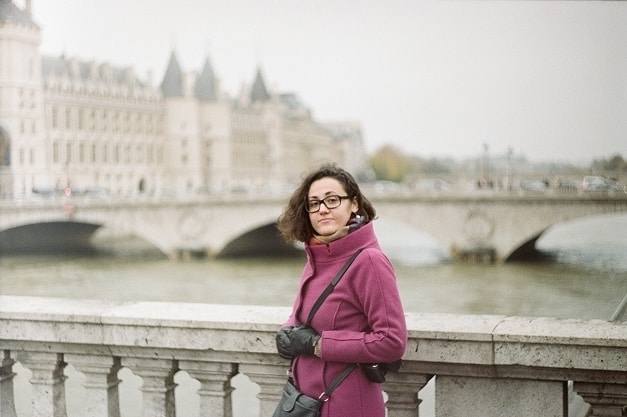First-Years in Poli-Sci Now Have More Opportunities Than Ever Before
The admission campaign is in full swing—and HSE News Service decided to talk to Anna Dekalchuk, the academic supervisor of the bachelor’s programme ‘Political Science and World Politics’, to find out what awaits prospective first-year students.

There are always new development in the programme ‘Political Science and World Politics’. Is there anything new for the students who will start their studies this year?
We try to respond to the demands of students and the labour market, which is becoming more and more competitive and, at the same time, flexible and volatile. Every year we add new courses that help students hone the skills and competencies they need to be successful in their future careers.
The curriculum we will be offering of this year’s first-year students is no exception. Here I will just mention the most important changes:
Students will have more choice when it comes to fulfilling the second foreign language requirement. When we first launched the programme, we offered students the choice of German and Chinese—based on the region they wanted to study (Europe or BRICS and Asia). Last year, by popular demand, we added French as an option—we cannot deny that French is a language of diplomacy. We also added an elective course of Portuguese. This year, Portuguese will become a full-value option, along with French, German and Chinese. I am quite enthusiastic about this change.
Have there been other changes in addition to the language component ones?
Of course. We have added a ‘Basics of Python’ course to our curriculum—we will teach students to code. Actually, this initiative is not unique to our programme—courses in Python are now included in almost all undergraduate programmes at HSE University.
We will also continue experimenting with research practices. We are going to allow students to choose the data analysis methods that are most suitable and interesting for their research goals. Last year students could choose between Qualitative Comparative Analysis (QCA), Social Network Analysis (SNA) and Text-As-Data. This year we decided to substitute SNA with interpretational methods.
We also added a lot of new and extremely interesting elective courses, such as ‘Law and Policy in the Activities of International Courts’ and ‘Ethnic Conflicts: Reasons and Resolution’, to name a couple. The courses in Foreign Policy Analysis and International Political Economy are required for all students in the programme.
Is there anything else?
I have mentioned the most important changes regarding the curriculum. There are also expanded international opportunities for our new students—we have managed to increase the number of available places in the double-degree track with the University Tor Vergata, Rome, Italy. Another good thing is that HSE University has started to offer foreign exchange programme grants for who wish to study abroad, and the number of partner universities is increasing every year.
This year a renowned expert on the EU and the Post-Soviet space with an impressive body of research and teaching experience will be joining our programme’s team. However, at the moment, I will not lay all the cards on the table—all I'll say is that I hope that very soon we will publish an interview with the new member in the ‘Meet and Greet’ section of our programme’s website, so stay tuned!
Anna A. Dekalchuk

